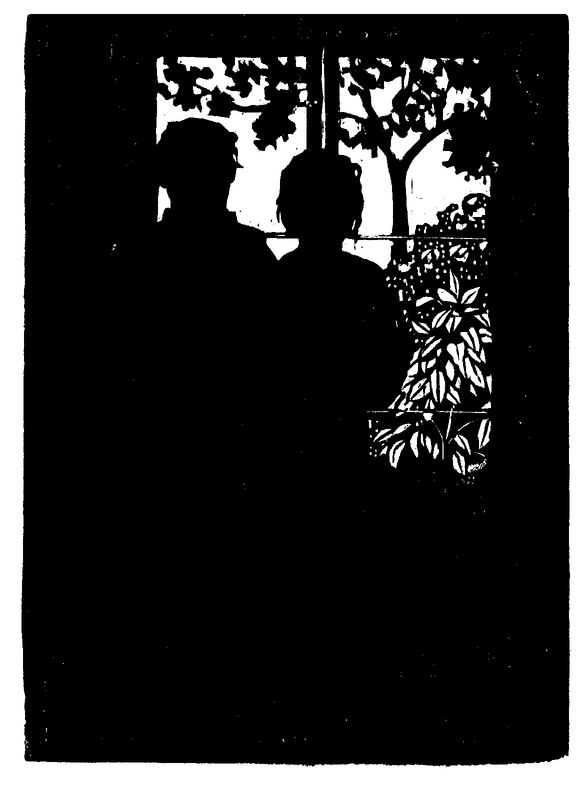13.
I followed him of course. I had confidence now. A good deal of confidence about the way this would play out, and why it would play out that way. Confidence in my whole approach to having discovered I was still in a coma. A degree of self-congratulation that I hadn’t panicked, too much. Self-congratulation that I had been calm and thoughtful, and had thought and planned my way out of what was, in truth and in all senses, a mess.
It had all worked out like this:
I’m attacked.
I fall unconscious.
I think I wake.
The world is fractured and weird.
I think I’m traumatized.
I think I’m brain damaged.
I realize I am neither, I’m in a coma.
I realize I have to wake.
So I plan.
I look for a catalyst, and I find a fragment of a memory, in the form of “Miss Molly.”
By searching, and by coaxing, I find more fragments.
Gardens, swings, bricks, and windows.
They lead me to the house where I grew up.
Where the “Miss Molly” memory is placed in context.
Where I become light and weightless.
And the memory becomes as complete.
As complete as it needs to be.
And—perhaps this is where I congratulate myself the most—I do all this alone. I do all this alone; everything I achieve, I achieve alone, because it’s my head I’m locked into, and I share this space with nobody but myself.
In the living room, I saw my dad. Standing beside him was my mother. Still silhouettes, now against the French windows to the back garden. But I didn’t need to see their faces to know them.
I was unable to speak. The fabric of my body was now as weightless as a single spider web.
They both turned to look at me.
Then my father said, “This one bothers me a lot.”
And my mother said, “More than the others?”

